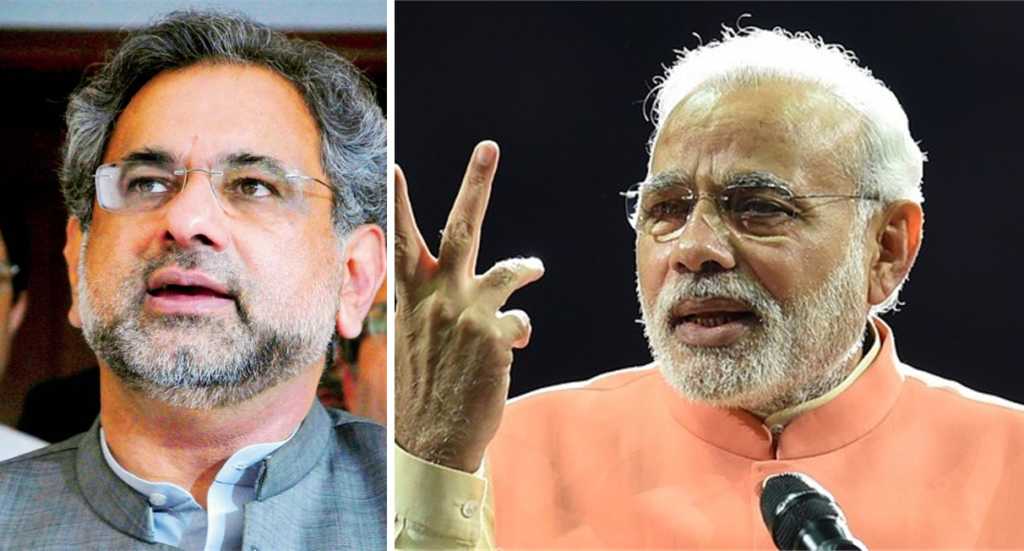The World Bank has asked Pakistan to stop referring the Kishanganga dam dispute to the International Court of Arbitration (ICA) and accept India’s offer of appointing a “neutral expert”. Pakistan considers the Kishanganga Dam in violation of the Indus Water Treaty (IWT) which was signed between the two countries in 1960. The IWT brokered by World Bank is a water distribution treaty according to which control over the water flowing in three eastern rivers of India- the Beas, the Ravi and the Sutlej with the mean flow of 33 MAF was given to India, and the control over the water flowing in the Indus, the Chenab and the Jhelum with the mean flow of 80 MAF given to Pakistan. As per the provisions in the treaty, India can use only 20% of the total water carried by the Indus rivers system while Pakistan can use the remaining 80%. The treaty is very favorable towards Pakistan.
The construction of the Kishanganaga Hydroelectric Plant, which is located in Bandipora district of North Kashmir, was started in 2007 with a plan for diversion of water of Kishan Ganga River to underground powerhouse through a 23.25-km-long headrace tunnel to generate 1713 million units per annum. Pakistan moved the International Court of Arbitration (ICA) against India challenging the construction under a provision of the Indus Water Treaty. According to Pakistan, “the construction of the Kishanganga dam in India-held Kashmir over the waters flowing into the western rivers a violation of the Indus Waters Treaty 1960 since it will not only alter the course of the river but also deplete the water level of the rivers that flow into Pakistan.” Meanwhile India says, “run-of-the-river hydel projects will neither change the course of the river nor deplete the water level downstream”.
Therefore, the differences between India and Pakistan over the design of the dam and its functioning should be addressed by some neutral experts. The ICA cleared the project in 2013 and upheld India’s right under the bilateral Indus Waters Treaty to divert waters from the Kishanganga for power generation in Jammu and Kashmir.
The rejection by the World Bank of the plea filed by Pakistan and advising it to go with the solution suggested by India is an example of India’s growing clout in the world community. “It is evident from the facts that the World Bank deliberately lingered on the issue so that Pakistan could be denied opportunity to get stay order on the construction work on Kishanganga,” said a Pakistani official who was negotiating with World Bank. Pakistan has been accustomed to Congress governments, and never expected that despite all their Indo-centric sabotage efforts, India would actually show them their place in the international community.
India is being seen as the next great power in the world while Pakistan is considered as a failed state. Pakistan could not ask for help to its all-weather friend China on this matter as India and China have the same issue over Brahmaputra River. Any ruling in the Indus river case would set down a precedent for water disputes with China, something the Chinese are not willing to risk. During the cold war, Pakistan used to get the support of the international community as it was an ally of United States. Over the last two decades, the economic growth of India put the country on the priority list of every powerful nation and international organizations, while on the other hand, the Pakistani state is seen as a failed one that actively supports terrorism as a diplomatic tool.
